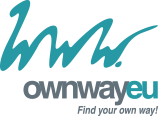The prepared presentations and the discussion on the candidate's CV will show only what the candidate has prepared for you. You will learn nothing at all about his professionalism, natural skills for your job position and ability to solve everyday company situations. The basis of a professional is thinking, knowledge and habits. This should be checked during a personal interview. Forget the traditional structure of the interview and throw candidates into practical situations, demand variant knowledge from them and much more. Leave the fear to amateurs.
Allowing an employee who cannot do the job for which the company pays him properly is an increasingly inappropriate luxury. Simply, employment is about work, and an employee must perform to earn his own salary. He also has to earn money from the company, which can then secure work for him in the future. Being a profitable company means pressure for efficiency, adapting to new conditions. In short, still learning something new. The time when you learned one thing and survived with it in retirement is irretrievably gone. Companies need experienced, flexible workers and not excused incompetents. Recruitment must also be subject to this.
The main decision - I want an amateur or a professional
It must be clear from the outset whether I want an amateur or a professional for the position. If I want an amateur, the recruitment is less demanding and with regard to the requirements for the job, you can give up a lot. I have to reckon with the fact that I will invest more time in its incorporation and finding a solution. The salary will certainly also be lower. Let's focus mainly on choosing a professional. If I want a professional, then this is a person who knows the job and I do not have to teach him about the profession. I teach it only on the specifics of the product, processes, companies, corporate culture. As a result, testing and implementation will be shorter and cheaper. What a professional should look like:
Break down the traditional structure of the interview
I believe you have all experienced it. The personal interview begins - so introduce yourself to us. Tell me what you did. A long discussion on the CV and a prepared presentation by the candidate begins. It is often considered decent to listen to everything the candidate wants to tell us. But sometimes it's also a completely unnecessary waste of time. Would you like to talk for 30 minutes with a candidate you know is not suitable? Well, if I put it that way, you usually answer no. So isn't it better to go straight to the heart of what you need? You must still read your CV and cover letter before the interview. So let's turn the structure of the interview quite the opposite.
| Traditional interview structure | New interview structure |
|---|---|
|
|
For each job position, you need very clear and specific knowledge. If the candidate does not have them, they must learn them or train him. But the effectiveness of the training is 7-15%. So calculate how much money you really throw into something a professional should be able to do. What knowledge must a professional have in our examples:
| Dealer | Manager |
|---|---|
|
|
Start asking questions about this necessary knowledge. Examine not only whether he will answer correctly, but also how many variants he will suggest. Want more options. Ask questions like:
-
Tell me 5-10 ways to motivate development techniques
-
Excite me for 8 valuable product parameters xy
-
..
The habit always shows
I often hear apologies - I'm terribly nervous, I can't do it today, I can't remember. We are all nervous when it comes to something. It's alright. It is not possible for nervousness to ruin our entire job interview when I claim to be a professional. Or do you want to have an employee who, in the event of a more difficult situation, will make excuses for the nervousness and difficulty of the condition? Do you really want to solve problem situations for him and pay him 100% salary for the professional work required for the position? NO.

The Real | Interim Manager for Your Changes

Manager work model
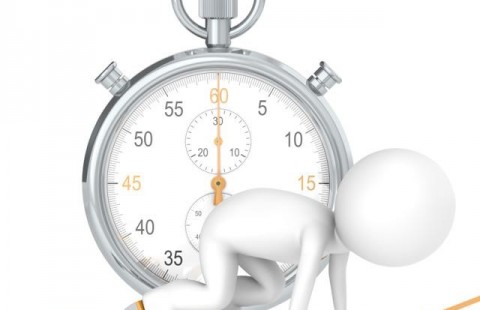
Time management - making use of time effectively
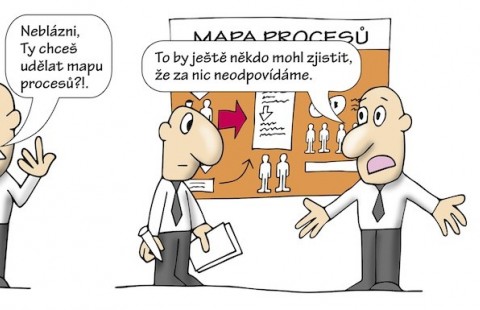
Jak správně tvořit mapu procesů

Modelling and setting the processes and procedures - ISO 9001

Training - preparation of the SWOT analysis and strategy
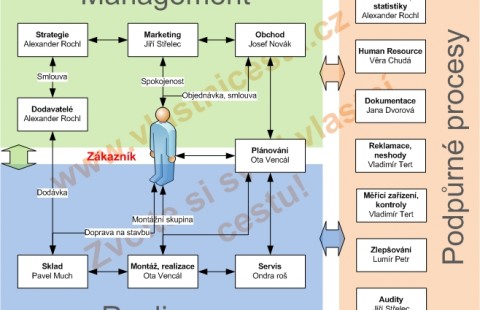
Company Management System of Quality Step by Step - ISO 9001
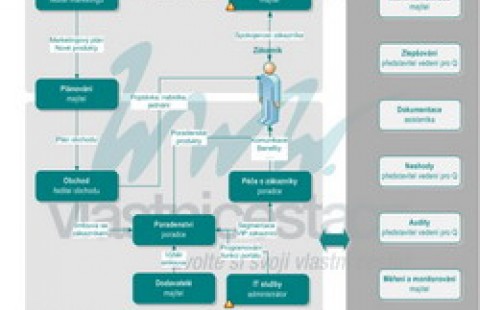
Process map acc ISO 9001 - business offer

IT staff communication
It is true - what you really do will gradually become a habit for you.
Conclusion - thinking - knowledge - habits
